
education
-
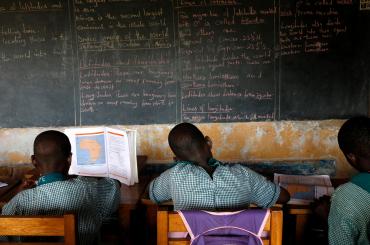
Expanding secondary education in Uganda: A pathway to women's empowerment
Despite the increased access to primary education in sub-Saharan Africa, secondary school enrolment and completion remains low. Evidence from Uganda reveals that universal secondary school policies can play a transformative role in women’s empowermen...
-
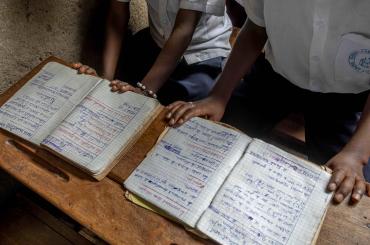
Turning idle textbooks into learning gains in fragile states
Can taking textbooks home improve student learning when resources are highly constrained? New research from fragile areas in the Democratic Republic of the Congo suggests it can.
-

Pedalling towards gender equality and empowerment
In Bihar, India and in rural Zambia, the government introduced programmes to address gender gaps in education by providing adolescent girls with bicycles for their commute to school. Discussing the immediate and long-term impacts of these initiatives...
-
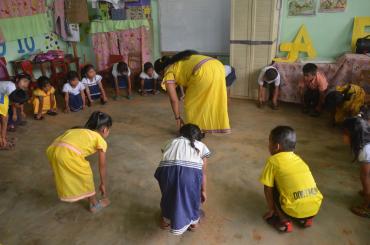
Boosting academic success and cultural identity among Indigenous students in Panama
Indigenous students worldwide face significant educational barriers. In Panama, the Ngäbe-Buglé students score among the lowest on national assessments. The JADENKÄ programme, an innovative intercultural bilingual initiative, was launched to address ...
-
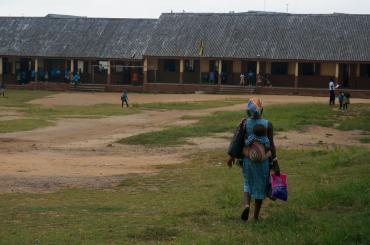
Subsidising secondary education has huge benefits, for this generation and the next
As countries in Sub-Saharan Africa debate the costs and benefits of subsidising secondary education, a 15-year RCT in Ghana finds large multi-generation impacts.
-
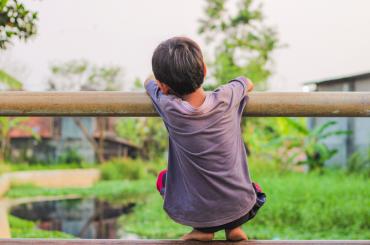
How childhood migration shapes educational outcomes
Migration can act as a powerful tool for upward mobility. Evidence from Indonesia indicates that the benefits of migration depend on a household's initial education level, the age at which a child migrates, and the origin and destination locations.
-
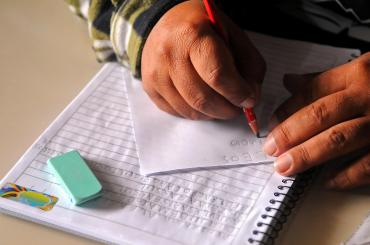
Gender stereotypes in the classroom affect gender inequality later in life
Stereotyped assessments by teachers exacerbate gender disparities in educational outcomes for high school students in Peru. New evidence shows that these negative impacts persist years later in labour market gender gaps.
-
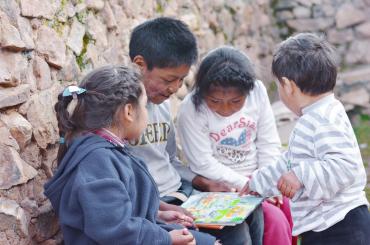
Mexico’s preschool mandate set children up to succeed
Mexico’s preschool mandate in 2002 shows significant, lasting benefits for cognitive skills and non-cognitive skills after six years, and educational outcomes nearly two decades later.
-

School feeding programmes improved attendance in northern Burkina Faso
A school feeding programme in northern Burkina Faso increased school attendance and girls’ enrolment.